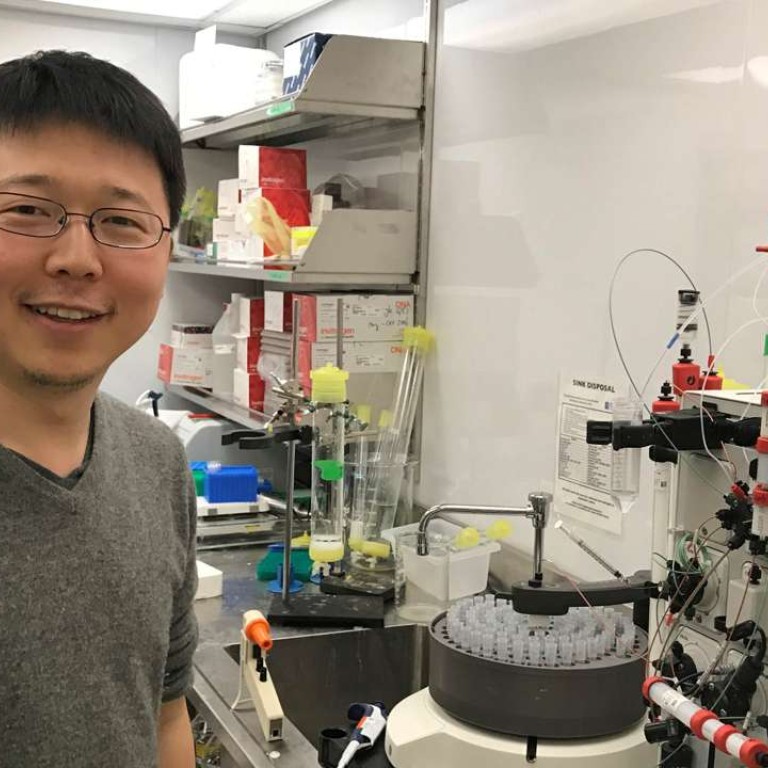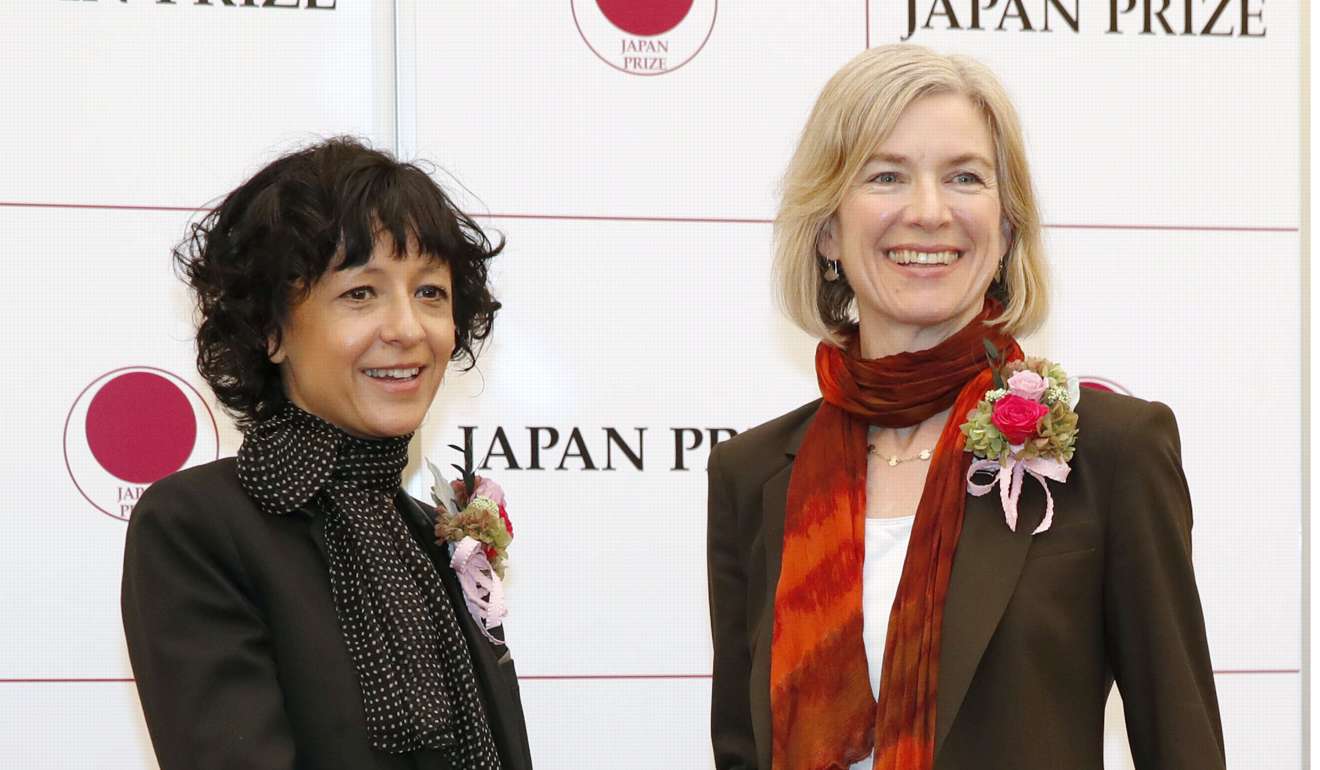
Battle for billions: scientists go to war over lucrative gene-editing patents
Much like a surgical scalpel, the technique allows the genome to be edited by clipping out a specific area of DNA and in some cases replacing it with new instructions
The first skirmish was fought last week in what could be a long war over a revolutionary patent on gene-editing technology, with colossal amounts of money at stake.
Facing off are the top international experts in the fast-growing field of gene-editing – pitting American scientist Feng Zhang, against the French-American duo of Emmanuelle Charpentier and Jennifer Doudna.
The US Patent and Trademark Office ruled last Wednesday in favour of Zhang, who is a researcher at the Broad Institute, a collaboration between Harvard University and the Massachusetts Institute of Technology.
After that decision, which stunned many scientific observers, Editas Medicine, a start-up linked to Broad, saw its stock soar.

The dispute mingles science and economics, with billions of dollars in contracts hanging in the balance.
Charpentier and Doudna “would be crazy not to appeal. The cost-benefit ratio demands it,” said Jorge Contreras, an expert in genetics and intellectual property at the University of Utah.
Charpentier, who is affiliated with the Max Planck Institute of Berlin, and Doudna of the University of California, Berkeley, have already won a US$3 million US Breakthrough Prize for their work and are widely believed to be in line for a Nobel Prize someday.
They developed a tool called CRISPR-Cas9, which experts say is revolutionising the field of genetics the way word processors did for typewriters.
Their discovery, published in the prestigious journal Science in June 2012, sent shockwaves through scientific community.
They have a patent on green tennis balls; we will have a patent on all tennis balls
Much like a surgical scalpel, the technique allows the genome to be edited by clipping out a specific area of DNA and in some cases replacing it with new instructions.
The breakthrough has opened up countless possibilities in the fields of health and agriculture.
The French-American team filed for a patent in May 2012, describing how they used CRISPR with a simple type of bacteria.
Zhang, who emigrated to the US as an 11-year-old, applied CRISPR to cells with a nucleus, known as eukaryotes, an innovation that had the potential to broaden genetic editing to human cells. He published his research months after Charpentier and Doudna.
Zhang also applied for a patent - following a fast-track procedure that was more costly than the route taken by Doudna and Charpentier - and won.
Enter the legal battle, as UC Berkeley and the Broad Institute face off over the patent rights to a technology that has aroused both vast hopes and deep ethical concerns about its potential to forever alter species and ecosystems.
After a hearing in December, the US Patent Trial and Appeal Board of the USPTO announced last Wednesday that the patent application by the Broad Institute caused no “interference” with the larger patent request by Berkeley, and Charpentier and Doudna. But the two women have not conceded defeat.
The Broad patent is “sufficiently distinct as to be separately patentable from the claims of the Doudna/Charpentier group’s patent application, which cover the use of CRISPR-Cas9 in any setting, including eukaryotic cells and other cell types,” said a statement from UC Berkeley.
Doudna used a sports metaphor to put Zhang’s victory in context with what her group intends to seek.
“They have a patent on green tennis balls; we will have a patent on all tennis balls,” she told a press conference.
Experts say that this outcome is a plausible one.
“It is entirely possible that Berkeley will get broad claims covering all uses of CRISPR, while Broad’s are limited to eukaryotes,” said Contreras.
“Thus, anyone wishing to use CRISPR [eg, including agro uses], will need a license from Berkeley, while only uses involving eukaryotes will require both Berkeley and Broad.”
But Jacob Sherkow, an associate professor of law at the New York Law School, said in his view, Broad has obtained rights to the technology that are potentially very profitable and would exclude other competitors from the field when it comes to using CRISPR.
Even if Berkeley did manage to receive broader rights to CRISPR, “the patent would be weak and wouldn’t likely stand up to later challenges in court,” he said.

.png?itok=arIb17P0)